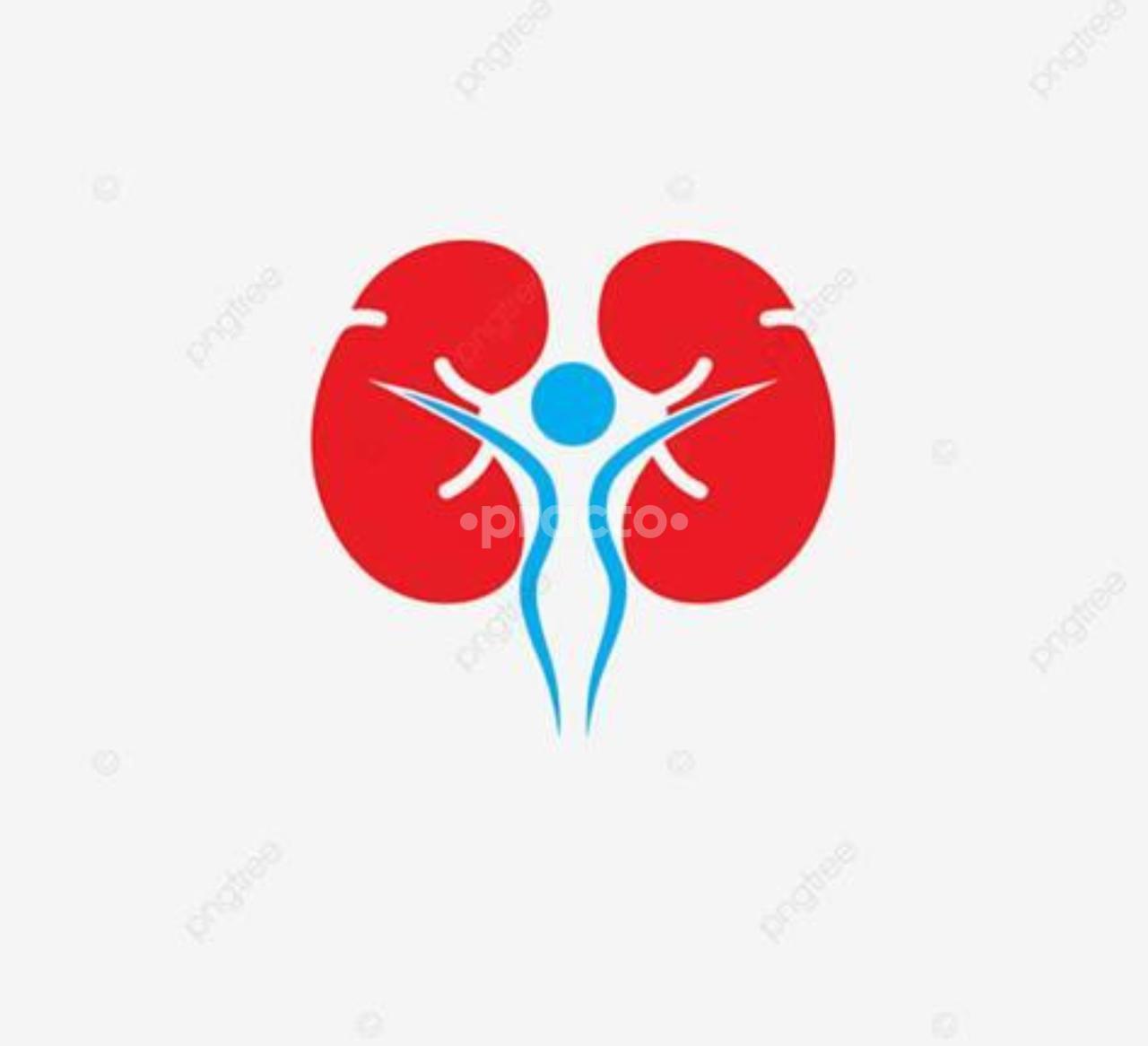- Male Doctor
- Female Doctor
- 30+ Patient Stories
- 70+ Patient Stories
- 5+ Years of experience
- 10+ Years of experience
- 15+ Years of experience
- 20+ Years of experience
- Number of patient stories - High to low
- Experience - High to Low
- Consultation Fee - High to Low
- Consultation Fee - Low to High
29 Lithotripsy Doctors available in Hyderabad

Book appointments with minimum wait-time & verified doctor details



Sandeep Nursing Home
1 Urologist

Trusted Care for Every Stage of Recovery
Dr. KVR Prasad
Dr. Kamal Kiran
Dr. A V Ravi Kumar

Dr. Shabhana Nazneen
Dr. G.V. Rajgopal
More doctors in Hyderabad
Practo does not guarantee confirmed appointments and wait-time with these doctors
Dr. Rama Sanjay Y
Dr. Suri babu A
Dr. Nanda Kumar Madhekar
1. What is the success rate of Lithotripsy?
The success rate of Lithotripsy depends on the following factors:
- Age of the patient
- The medical condition of the patient
- Size, shape, and location of the kidney stones
However, the success rate of Lithotripsy maybe 90%.
2. What is the cost of Lithotripsy?
Minimum cost for Lithotripsy in Hyderabad starts from Rs.15000
Average price for Lithotripsy in Hyderabad is approximately Rs.55000
Maximum expenses for Lithotripsy in Hyderabad rise up to Rs. 80000
Cost of Lithotripsy depends on factors such as
- Admission fee
- Doctor fee
- Age of the patient
- Size and shape of the stone
- Location of the kidney stones
- The medical condition of the patient.
- Unilateral or bilateral surgery
- Post-surgical complications that are involved.
- Type of Hospital.
- The admission room that you opted for.
- Any other lab tests or examination tests such as X-ray, ECG, etc.
3. What are the long-term results of Lithotripsy?
- Relieves chronic kidney pain
- Reduces blood while urinating
- Improved kidney function
4. What are the advantages of Lithotripsy?
The advantages of Lithotripsy are as follows:
- Break large kidney or ureter stones into small stones without open surgery
- Fewer complications are involved
- Less recovery time
- Improves kidney function
5. Is Lithotripsy painful?
Every surgery comes with a certain level of pain and some discomfort. You won't be experiencing pain during this process because you will be under general anesthesia. There may be some discomfort and pain after completion of the procedure.
Dr. Ravi Koti Reddy Konatham
| Name | Recommended By | Review Count | Years of Experience | Fee |
|---|---|---|---|---|
| Dr. KVR Prasad | 89% | 106 | 37 | 600 |
| Dr. Kamal Kiran | 95% | 19 | 31 | 1000 |
| Dr. A V Ravi Kumar | 94% | 154 | 37 | 800 |
| Dr. Shabhana Nazneen | 100% | 6 | 18 | 600 |
| Dr. G.V. Rajgopal | 67% | 6 | 34 | 900 |
| Dr. Rama Sanjay Y | 75% | 52 | 34 | 800 |
| Dr. Suri babu A | 81% | 21 | 27 | 650 |
| Dr. Nanda Kumar Madhekar | 91% | 35 | 25 | 750 |
| Dr. Ravi Koti Reddy Konatham | 33% | 3 | 21 | 600 |
Lithotripsies Doctors In Hyderabad
Lithotripsy cost in Top cities
Frequently Asked Questions
What is Lithotripsy?
Lithotripsy is a medical procedure that helps to break stones in the kidneys, ureter, and gall-bladder or hardened masses like gallstones and bezoars. This procedure uses laser or shock waves to break down the stones. Lithotripsy helps in reducing pain while urinating and decreases the blockage to the flow of urine. There are two [2] types of Lithotripsy and they are:
- Extracorporeal shock wave lithotripsy [ESWL] and laser lithotripsy
- Flexible ureteroscopy and laser lithotripsy [FURSL]
What are the advantages of Lithotripsy?
The advantages of Lithotripsy are as follows:
- Break large kidney or ureter stones into small stones without open surgery
- Fewer complications are involved
- Less recovery time
- Improves kidney function
What are the indications of Lithotripsy?
Lithotripsy is indicated in the following conditions:
- Cholelithiasis
- Chronic kidney pain due to the presence of several kidney stones
- Urethral stones
- Recurrent urinary tract infections
- Decreased renal function
What is the preparation for Lithotripsy?
- The physical examination will be done by the doctor to check if the patient is in good health condition.
- The doctor will ask about the patient's past, present medical, and medication history.
- Certain tests such as X-ray, intravenous pyelogram and ultrasound, etc.will be done to locate and determine the size, and shape of the kidney stones.
- The patient needs to inform the doctor regarding any allergies.
- Discuss with the doctor about all the risks, complications, and benefits associated with Lithotripsy.
What are the steps involved in Lithotripsy?
Lithotripsy involves the following steps:
- General anesthesia will be given to avoid pain during the surgery.
- Lithotriptor is placed to target the stones present in the kidney.
- A water-filled cushion is passed between the body and the lithotripter to conduct the shockwaves properly.
- These shockwaves help in breaking the stones into small pieces.
- A stent is also placed in the ureter to make the broken stones pass through it.
- In a few cases, the doctor will insert a ureteroscope into the bladder and up into the ureter and also in the kidney.
What is the postprocedure care/recovery care for Lithotripsy?
- The patient may get back to their daily activities within 1 to 2 days after the surgery.
- The patient should drink a lot of water and this helps to pass out any remaining small particles of the stone while urination.
- The doctor may prescribe alpha-blockers for an easy pass out of the small kidney stones.
- Take the prescribed painkillers and antibiotics as directed by the doctor.
- Make appointments for follow-ups and check-ups with the doctor after surgery.
- Contact the doctor if you experience any symptoms such as:
- Fever
- Vomiting
- Low urine production
- Bad smell of the urine
- Blood clots or bleeding during urination
Who can perform Lithotripsy [Right specialist type for Lithotripsy]?
Lithotripsy can be performed by:
- An experienced and certified Nephrologist
- An experienced and certified Urologist
What is the cost of Lithotripsy?
Cost of Lithotripsy depends on factors such as
- Admission fee
- Doctor fee
- Age of the patient
- Size and shape of the stone
- Location of the kidney stones
- The medical condition of the patient
- Unilateral or bilateral surgery
- Post-surgical complications that are involved
- Type of hospital
- The admission room that you opted for
- Any other lab tests or examination tests such as X-ray, ECG, etc.
Minimum cost in Hyderabad starts from Rs.15,000
Average price in Hyderabad is approximately Rs.55,000
Maximum expenses in Hyderabad rise up to Rs. 80,000
Is Lithotripsy major surgery or minor surgery?
Lithotripsy is used to breakdown the large and irregular shaped kidney stones into small fragments. It is a minor surgery as it is less invasive and has a few risks and complications than other surgeries.
What is the eligibility criteria for Lithotripsy?
People who can undergo Lithotripsy are:
- Individuals who are suffering from severe kidney pain.
- People who are having kidney stones more than 2-cm in diameter.
- Individuals with the irregular shape of kidney stones.
What is the ineligibility criteria for Lithotripsy?
People who cannot undergo Lithotripsy are:
- People who get benefited from other types of kidney stone removal procedures.
- Individuals with severe kidney disease.
- People with a poor medical condition.
- People suffering from acute urinary tract infections.
What are the risks and complications associated with Lithotripsy?
Risks and Complications associated with Lithotripsy are:
- Internal bleeding
- May cause kidney damage
- May block flow of urine due to blockage by the fragmented kidney stones
- Can lead to high blood pressure
- May cause tissue or organ damage that is located near to the kidney
- Incomplete stone removal
- May require additional treatments
How long does it take to complete Lithotripsy?
Lithotripsy may take almost 45 minutes to 90 minutes to complete the procedure and sometimes it may take more than the usual time to complete the procedure depending on the shape, size, and location of the kidney stones.
What is the recovery time?
Most of the people who undergo Lithotripsy may take up to 1 to 2 days for complete recovery.
What is the success rate of Lithotripsy?
The success rate of Lithotripsy depends on the following factors:
- Age of the patient
- The medical condition of the patient
- Size, shape, and location of the kidney stones
However, the success rate of Lithotripsy maybe 90%.
Is Lithotripsy painful?
Every surgery comes with a certain level of pain and some discomfort. You won't be experiencing pain during this process because you will be under general anesthesia. There may be some discomfort and pain after completion of the procedure.
What are the long-term results of Lithotripsy?
- Relieves chronic kidney pain
- Reduces blood while urinating
- Improved kidney function
What are the options if Lithotripsy fails?
If Lithotripsy surgery fails then the doctor may recommend performing Open surgery to remove the kidney stones.
What are the alternatives for Lithotripsy?
The following are the alternatives for Lithotripsy:
- Percutaneous Nephrolithotomy
- Ureteroscopy
- Open surgery


